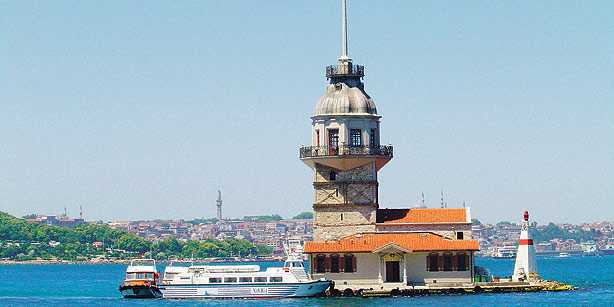Statement on
Provincial Elections in Kurdish-administered region: reliability and concerns
It is not known why the provincial elections in the Kurdish-administered region were not organized with the Iraqi provincial elections on 31 January 2009, which would certainly have decreased the expenses – saving both time and effort. Furthermore, despite that the so-called Kurdish parliament approved an election law that said the Iraqi Independent High Election Commission (IHEC) should organize the vote, but Barzani rejected it. He refused even supervision by IHEC. All these uncooperative approaches are part of the well-known policy of the Barzani administration to impose its will on the Iraqi state, and negatively influence the reconciliation and state building processes. By forbidding independent monitoring, the Kurdish authorities violate the basics of democracy. In addition to these unwelcome policies, Barzani has requested that the Iraqi government should finance the provincial elections in the Kurdish-administered region.
Unfortunately, such supremacy of Barzani’s leadership is reflected on the administration in the Kurdish region and influences the system negatively. The leadership of political parties remains dominated by a single group. Family members hold high positions in administration and possess the key resources of economy and control trade. Only party members are appointed to the government. The opposition is almost absent. The security system is politicized and manned by party militias. Corruption is endemic, detention without trial and torture is widely and systematically applied, while the independent media is small and suppressed. In the earlier experiences of election in Kurdish-administered region, the elections of 1992 followed by two years of mistrust and competition between KUP and KDP to grab as much as power continued by four years bloody clashes.
Careful observation of these elections will also examine the exaggerated population statistics of the Kurdish administration, which has increased the number of Kurdish parliamentarians in the Iraqi Parliament and grants to them a large percentage of the Iraqi budget. Voter numbers in the Kurdish-administered area, which was 971,953 in the 1992 elections, should be approximately 1.6 million, while the Kurdish administration has presented 2,570,000 voters. The Iraqi population statistics of UNISCO are also contradicts the Kurdish statistics. Of note is that thousands of Kurdish families moved to the regions newly controlled by Kurdish Peshmerga and large numbers of Kurds fled Iraq after 1992.
The unconstructive policy of Kurdish administration toward the non-governing communities (minorities), who are abundant in the Kurdish-administered region, has been proved. Puppet parties were established to serve the interests of Kurdish political parties. They are all marginalized in administration; Turkmen in Erbil and Kifri regions. The suppression of Chaldo-Assyrians, Yazidis and Shabaks are well documented.
Under such circumstances, organization of these elections by the already politicized governmental administrations and employment of party’s Peshmerga militias to guard the election processes are considered one of the major threats to the impartiality of the elections. Unfortunately, the international authorities, the United Nations Assistance Mission for Iraq (UNAMI), the Iraqi government and the international and national civil society organizations have almost completely overlooked the intimidating atmosphere.
To reveal the will of the people, strengthen the democratization processes and protect the minority representation in Kurdish-administered region, we urge
· The international community and the UNAMI to strictly observe all the processes of the provincial elections in the region.
· The Iraqi parliament and the Iraqi government to investigate the inflated statistics of the Kurdish administration and examine the election results.
01 May 2009
Iraqi Turkmen Human Rights Research Foundation (SOITM)
Assyria Council of Europe (ACE)
Yazidi Movement for Reform and Progress
Shabak Democratic Assembly (Human Rights Office)


Leave a Reply